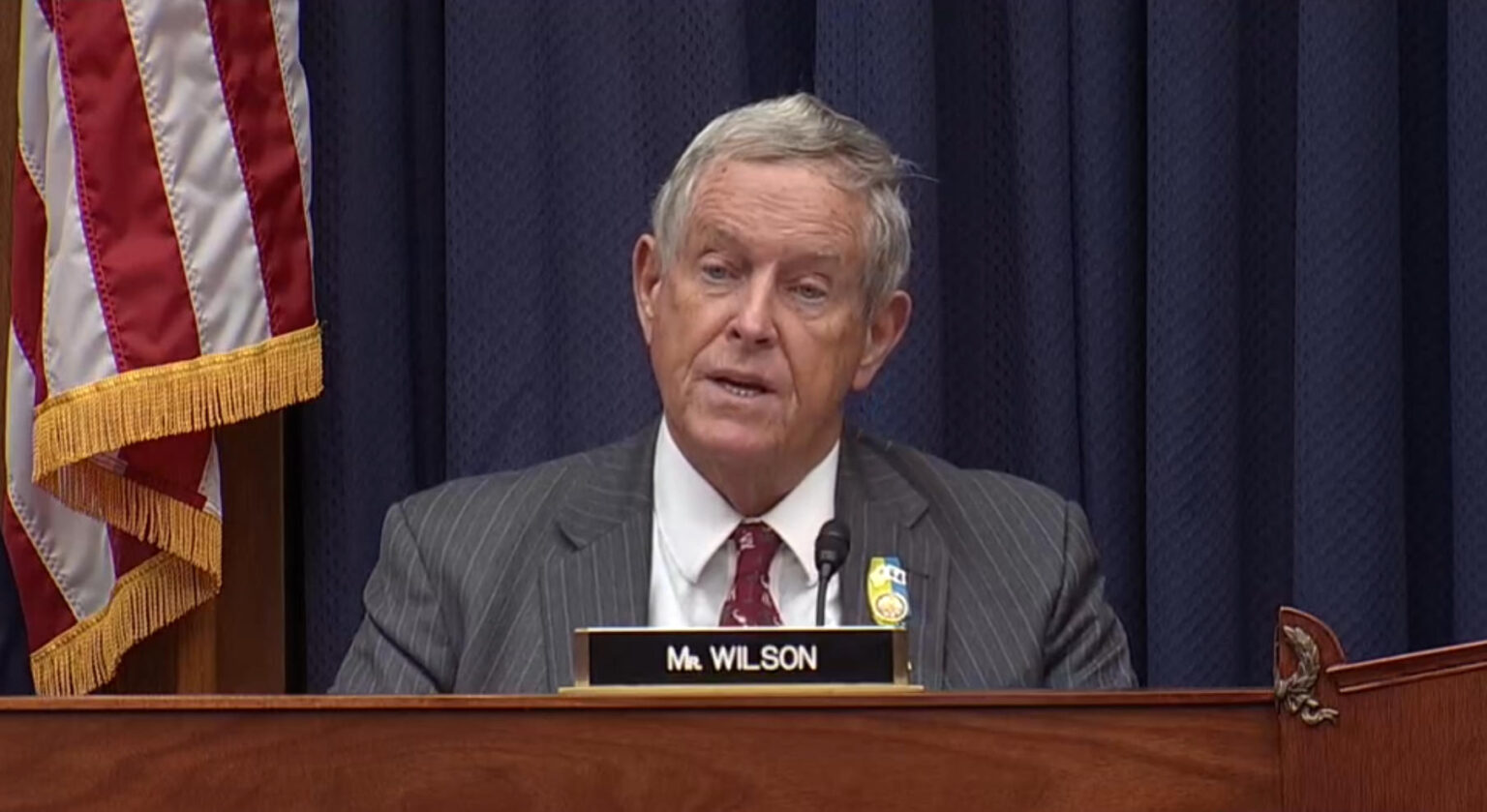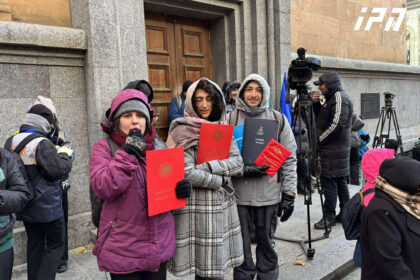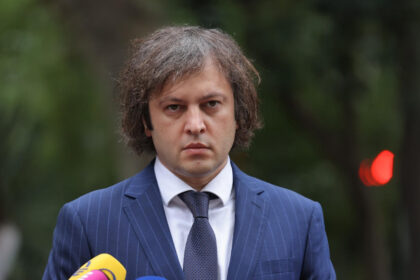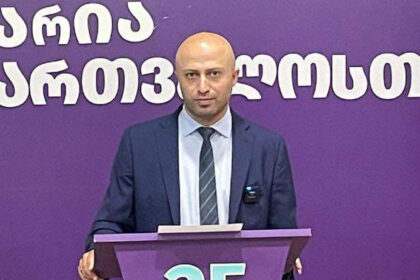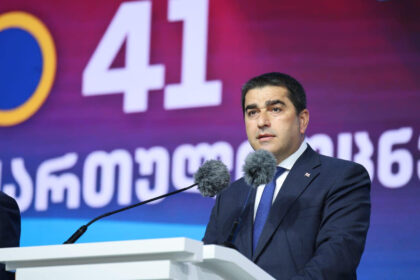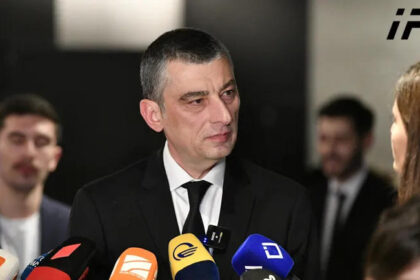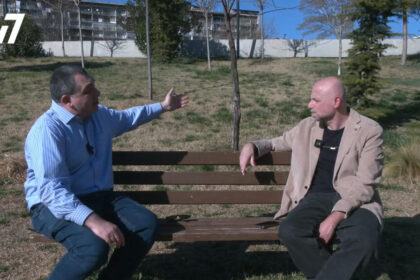**Putin’s Bid to Revive the Soviet Union**
A stark warning was sounded by Congressman Joe Wilson during a recent hearing in Congress. He claimed that Russian President Vladimir Putin is making every effort to restore the failed Soviet Union, citing several instances of Russia’s aggressive behavior in Eastern Europe.
Wilson pointed out that despite agreements to withdraw, Russian troops have remained stationed in Transnistria, a breakaway region of Moldova. This is just one example of Putin’s desire to reassert Moscow’s control over former Soviet territories.
In Belarus, Wilson alleged that elections were rigged to ensure the victory of pro-Russian candidates. Similarly, Russia’s annexation of Abkhazia and South Ossetia from Georgia in 2008 was seen as an attempt to expand its influence in the region. The devastating conflict in Ukraine in 2014 and 2022, which resulted in tens of thousands of deaths, further underscored Putin’s ambition.
But Wilson also drew attention to more recent events, including alleged attempts to rig elections in both Georgia and Romania. While these efforts were ultimately unsuccessful, they demonstrate the extent to which Russia is willing to go to achieve its objectives.
**Commentary**
Congressman Joe Wilson’s comments should serve as a wake-up call for policymakers and citizens alike. Putin’s actions are unmistakably directed at restoring the Soviet Union’s influence over Eastern Europe. This raises serious concerns about regional stability, security, and democracy.
By maintaining a presence in Transnistria, rigging elections in Belarus and other countries, and engaging in military interventions like Ukraine, Russia is effectively trying to recreate a sphere of influence that existed under the Soviet Union. Wilson’s warnings should prompt international leaders to take concrete steps to counter these efforts and protect democratic values.
**Deeper Analysis**
The implications of Putin’s actions are far-reaching and profound. His attempts to revive the Soviet Union would not only undermine regional security but also jeopardize the integrity of democratic institutions in Eastern Europe.
Moreover, this phenomenon highlights the broader challenges facing democracy today. As authoritarian regimes like Russia seek to expand their influence through manipulation, coercion, and subterfuge, it is essential that free societies remain vigilant and proactive in defending their values and interests.
By recognizing these dangers and taking collective action against them, we can prevent the re-emergence of a Soviet-style sphere of influence and ensure that democracy continues to thrive in Eastern Europe.




